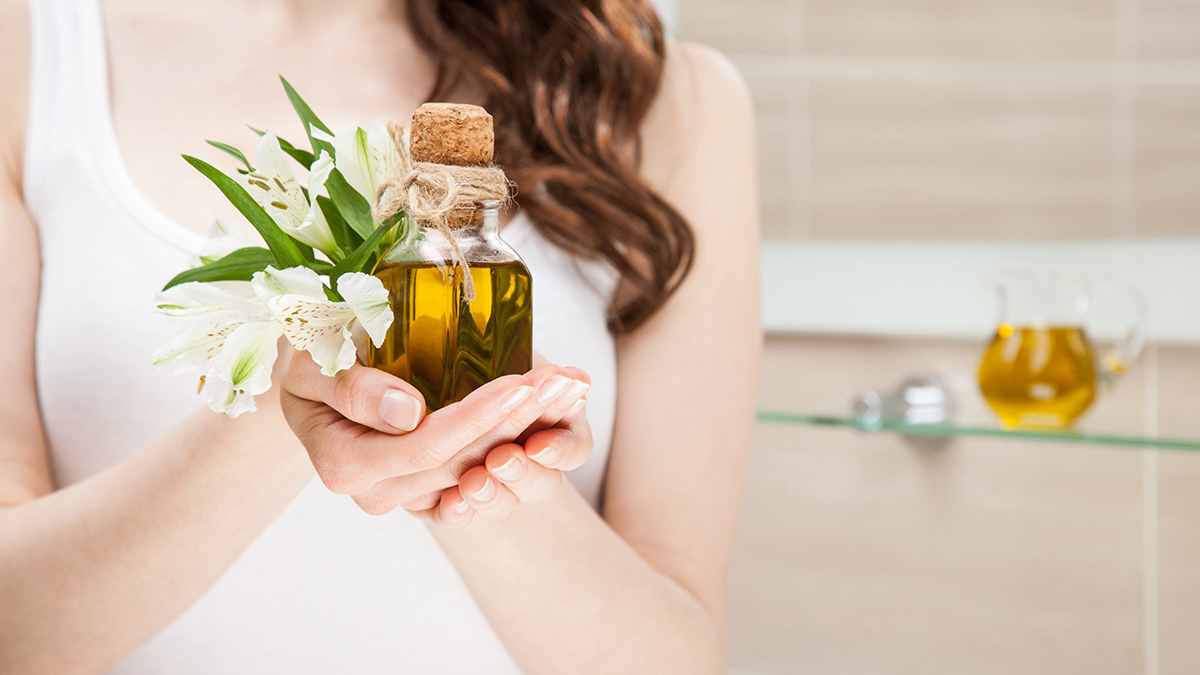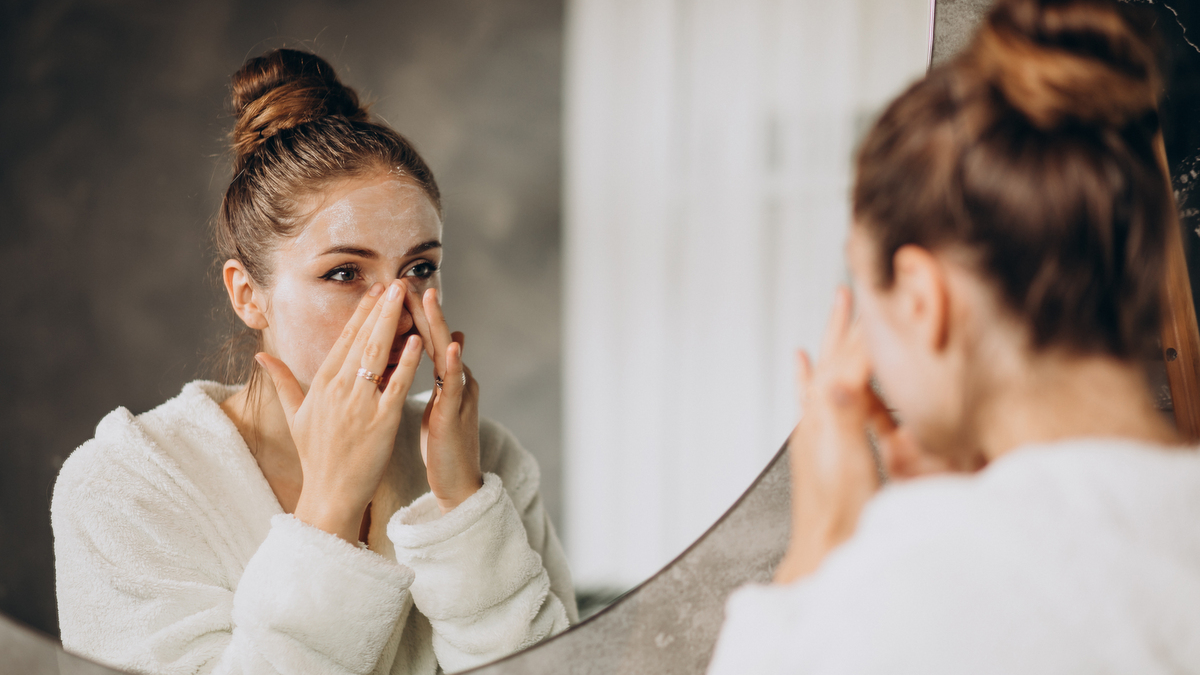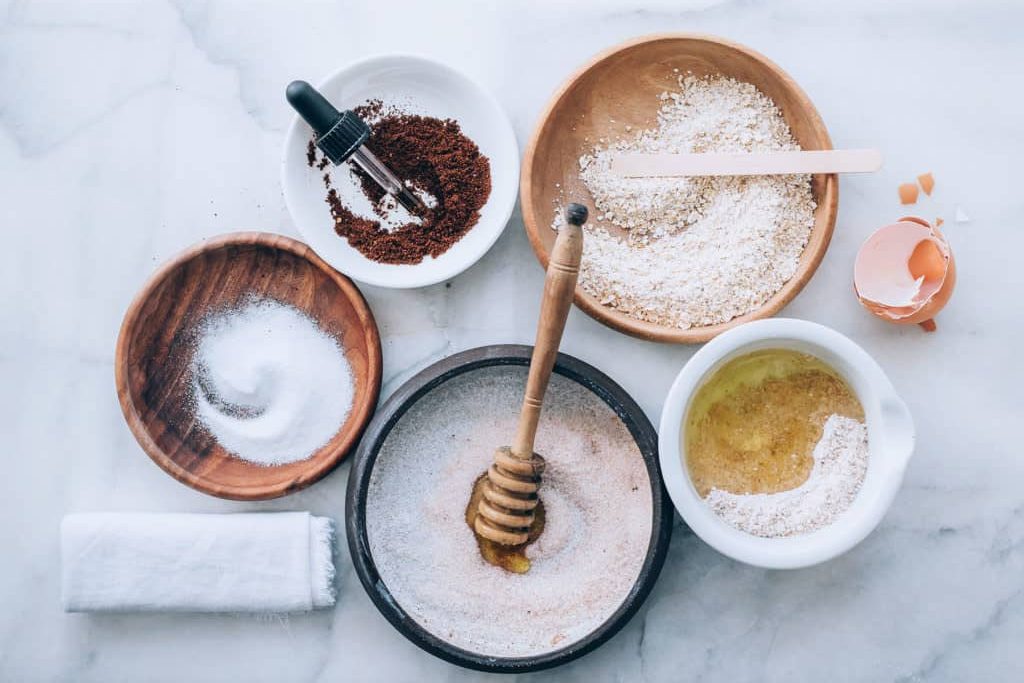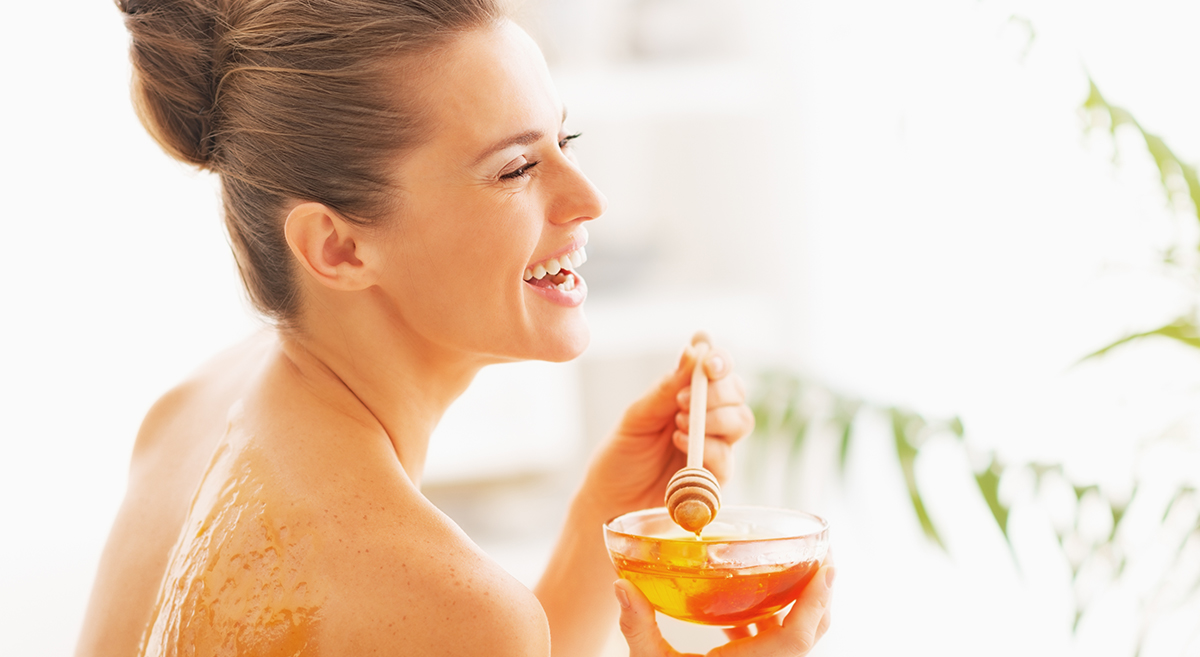The Ancient Greek Beauty – The contributions the Greeks made to philosophy such as mathematics, astronomy, and medicine were second to none. They were also well known for their sophisticated sculptures that emulated the beauty of the Gods. However, a lot of beauty routines that shape the world of beauty today were influenced by ancient Greece. Let’s break down the more loved routines that we’ve kept and the routines that we’ve binned.
Contents:
Olive oil as an essential ingredient
Whilst they may have been pioneers in many areas, ancient beauty in Greece had some consequential methods of achieving the ideal beauty standard back then. One of those methods is skin lightening. A method used by women in ancient times was one of the first cosmetic recipes by the Greek philosopher Theophrastus of Eresos. He described the whitening process made of ceruse, back then known as lead carbonate which was extremely toxic to the women using this. As we have progressed in the beauty world, the importance of using chemical-free, non-toxic, and organic ingredients is a priority. Safe to say, we have binned this toxic beauty routine.
One of the well-known ingredients in Mediterranean culture is Olive Oil. Olive Oil is an essential ingredient as it not only moisturizes the skin but locks moisture in preventing transepidermal water loss and restoring elasticity. Olive oil was called liquid gold by Homer. Ancient women of Crete used it for their hair, face, and body as a natural source of vitamins, antioxidants and amino acids.
Maintaining youthful skin was as easy as using olive oil which we see in many of our products as an essential skincare and haircare ingredient today. Olive oil is a main ingredient in FOREO’s Call It a Night UFO™ face masks.

Formulated with rich olive oil it deeply nourishes the skin in 90 seconds to indulge in a relaxing UFO™ treatment leaving your skin smooth and soft.

Acids in Skincare: Everything You Need to Know About AHAs, BHAs, and PHAs

Born from the idea that beautiful skin can be achieved by anyone, regardless of their budget, this guide to acids in skincare is perfect for beauty enthusiasts of all levels … Continue reading
Manuka honey for hydration
Another prominent ingredient with antibacterial and healing ingredients was honey. It was not unusual for the combination of olive oil and honey to be used as a face mask. Honey alone was also used as it is one of the most naturally antibacterial ingredients. Today, honey is used for not only skincare but health. With more research over the years, we’ve discovered manuka honey, native to New Zealand, to have the strongest and purest form of antiviral, anti-inflammatory and antioxidant benefits.
Traditionally honey was used for wound healing, soothing sore throats, and preventing tooth decay and digestive issues, the ancient Greeks used it for their skin and hair to enhance beauty. Today, we not only use it in hair care but it is very prominent in skincare products. FOREO have developed Manuka Honey sheet masks to hydrate and smooth dry and dehydrated skin.
Sea salt for the most pleasant exfoliation
Ancient Greeks used Mediterranean sea salt mixed with olive oil to scrub and exfoliate their dry, sun-exposed bodies. This routine was quickly followed up by bath soaks to soothe skin. The salts were composed of magnesium sulfate which can help reduce inflammation and help with skin detoxification. Popular body scrubs have taken the industry by storm with the beauty routine still holding ground for body care. Body beauty care routines are here to stay.

You don’t have to give up all the benefits of exfoliating just because you have sensitive skin. We’re sure you’ve heard all about how great exfoliation is for your skin, … Continue reading
Greek yogurt is perfect for sensitive skin
Greek yogurt, although a delicious snack, was used in ancient Greece to dissolve skin and tighten pores. The lactic acid in yogurt or milk acted as a daily routine to relieve sunburn. It acted as an AHA peel in many ways and was perfect for any sensitive skin type. Today’s milky-formulated skincare is directed toward the sensitive skin consumer. Some benefits of lactic acid on the skin are helping the skin retain moisture, killing bacteria on the skin, reducing blemishes, and increasing cell turnover. This prominent skincare ingredient has lasted the test of time proving its benefits.
Ancient Greek beauty routines have shaped the way we interact with beauty routines today. With further research, we have been able to determine ingredients that are beneficial and non-beneficial to the skin.
Let FOREO be a part of your routine






